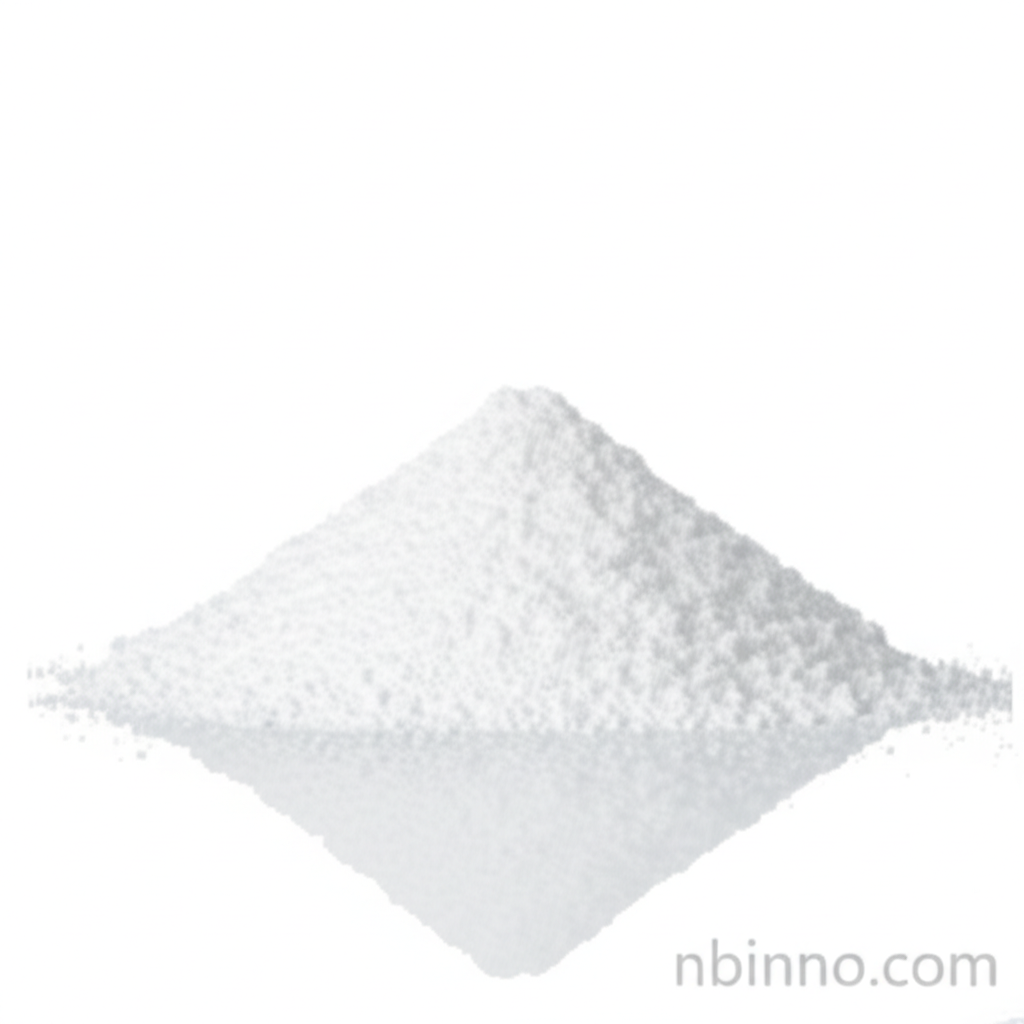Understanding Lansoprazole: A Comprehensive Guide for Pharmaceutical Intermediates
Discover the critical details of Lansoprazole, a key pharmaceutical intermediate for gastrointestinal treatments.
Get a Quote & SampleProduct Core Value

Lansoprazole
Lansoprazole is a vital pharmaceutical intermediate renowned for its role in treating conditions associated with excess stomach acid, including peptic ulcer disease, gastroesophageal reflux disease (GERD), and Zollinger-Ellison syndrome. As a proton pump inhibitor (PPI), it effectively reduces gastric acid production.
- Explore how Lansoprazole works to reduce stomach acid by inhibiting the H+/K+-ATPase in gastric parietal cells, offering significant therapeutic benefits.
- Understand the various applications of Lansoprazole, from treating stomach ulcers to managing acid reflux, making it a cornerstone in gastrointestinal pharmacotherapy.
- Delve into the potential side effects of Lansoprazole, including headaches and gastrointestinal disturbances, and learn how to cope with them.
- Learn about the critical drug interactions with Lansoprazole, which are essential for safe and effective patient management in clinical settings.
Key Advantages
Effective Acid Suppression
Lansoprazole effectively suppresses stomach acid production, providing relief for conditions like heartburn and GERD, and aiding in the healing of ulcers.
Versatile Applications
Its use extends to treating H. pylori infections when combined with antibiotics, demonstrating its versatility as a pharmaceutical agent.
Accessible Treatment Options
Available both over-the-counter and by prescription, Lansoprazole offers accessible treatment for a wide range of patients managing stomach acid issues.
Key Applications
Peptic Ulcer Disease
Lansoprazole is a primary treatment for duodenal and gastric ulcers, significantly reducing acid levels to promote healing.
Gastroesophageal Reflux Disease (GERD)
It effectively manages GERD by preventing stomach acid from backing up into the esophagus, alleviating heartburn and regurgitation.
H. pylori Infection Treatment
In combination with antibiotics, Lansoprazole plays a crucial role in eradicating H. pylori infections, a common cause of ulcers.
Zollinger-Ellison Syndrome
This condition, characterized by excessive acid production, is managed with Lansoprazole to control gastric acid secretion.
